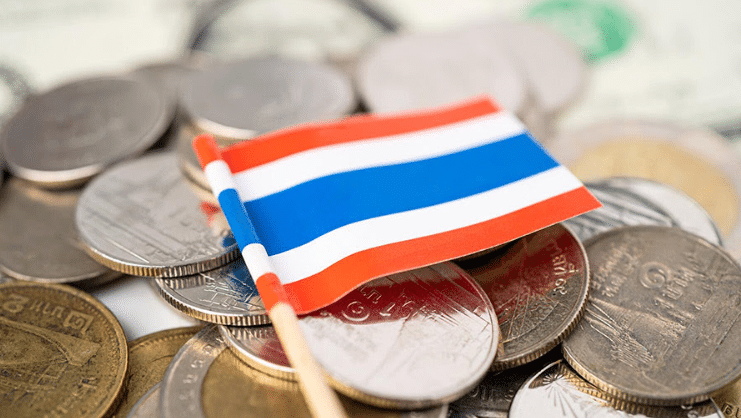Thailand to Ease Foreign Income Tax Rules – A New Opportunity for Residents and Long-Stay Visa Holders
Share:
Thailand is preparing to revise its tax rules on foreign-sourced income, making it easier for Thai residents—including long-stay visa holders and investors—to bring money into the country without paying tax on it. This move is part of a broader government effort to attract foreign capital and stimulate domestic investment.
Current Rules: Tax on All Remitted Foreign Income
Since January 1, 2024, Thailand has required any tax resident—defined as someone who stays in the country 180 days or more in a tax year—to declare and pay tax on all foreign income remitted into Thailand, regardless of when it was earned.
The tax is progressive, with rates ranging from 5% to 35%, and applies to income brought in from abroad even if it was earned in a previous year.
This policy, while aligned with OECD guidelines, has discouraged many Thai citizens and long-term residents from bringing foreign-earned funds back into the country.
Proposed Change: New Time Window for Tax-Free Remittance
To reverse this trend, the Revenue Department is drafting a new royal decree that introduces a “safe window” for tax exemption.
Under the proposed rules:
* Foreign income remitted to Thailand in the same year it is earned or the following year will not be subject to Thai income tax.
* Income brought in after this two-year window will still be taxed under the current system.
This initiative is led by Finance Minister Pichai Chunhavajira, who aims to encourage faster repatriation of foreign earnings for domestic use and investment.
Thailand Foreign Income Tax Rules Summary
| Aspect | Current Rules (Since Jan 1, 2024) | Proposed Change |
|---|---|---|
| Who is affected | Thai tax residents (180+ days in Thailand per tax year) | Same as current rules |
| What is taxed | All foreign income remitted into Thailand, regardless of when it was earned | Only income remitted more than 2 years after it was earned |
| Tax Rate | Progressive: 5% to 35% | Same rates apply (if outside the safe window) |
| Safe Window for Tax Exemption | None – all remitted foreign income is taxed | Income remitted within the same year it is earned, or the following year, is not taxed |
| Intended Effect | Discouraged foreign income remittance despite alignment with OECD | Encourage timely remittance by offering temporary tax exemption |
Why This Policy Shift Matters
The Thai government wants to improve the investment climate by allowing residents to bring back their foreign income without immediate tax consequences. By easing restrictions, it hopes to:
* Stimulate local economic activity
* Attract high-earning professionals and entrepreneurs
* Position Thailand as a more competitive destination for global talent
This revision reflects a more flexible and investor-friendly approach to residency-based taxation.
Who Benefits from the New Tax Rule?
These changes apply to anyone classified as a Thai tax resident, including:
* Thai citizens living and working abroad
* Foreign nationals residing in Thailand under long-stay visas
* Digital nomads, retirees, and business owners earning income outside of Thailand
For these individuals, the new rule could significantly reduce their tax exposure—as long as they bring their income into Thailand within the new allowed time frame.
Thailand Privilege Card Members: What You Need to Know
If you’re a Thailand Privilege Card (formerly Thailand Elite Visa) member, or considering applying, this tax update adds substantial value to your membership.
Here’s how it benefits you:
* Remit foreign income tax-free if done within the year it’s earned or the following year.
* Enjoy greater financial freedom and certainty in tax planning.
* Leverage your long-term visa status to invest, spend, or retire comfortably in Thailand.
This makes the Thailand Privilege Card not only a lifestyle upgrade but also a smart financial decision.
Why Now Is the Best Time to Apply for the Thailand Privilege Card
With Thailand’s tax policy becoming more favorable, there’s never been a better time to make a long-term move. The Thailand Privilege Card offers:
* 5–20 years of multiple-entry visa
* Priority immigration services and exclusive lifestyle perks
* Improved tax treatment on foreign income
Apply today to secure your residency, lock in your benefits, and take advantage of the upcoming tax exemption window.
Thailand just became even more attractive – make it your base now.
SOURCE: Bangkok Post
